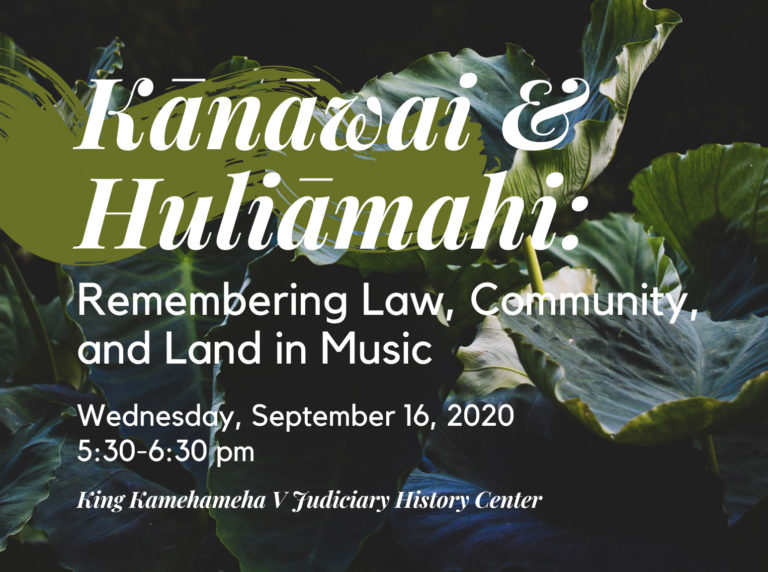
Telling today’s stories of natural resource disputes and victories through crafted songwriting, this program features mele (songs) that honor aina (land) in Hawaii. How many books have you memorized? Now think of all the songs you know by heart. Mele ensure that history is passed from generation to generation. The musical compilations Huliamahi, Volume 1 and Lei Nahonoapiilani: Na Mele Hou continue this practice.
Several haku mele from the albums—telling stories from Kauai to Oahu to Maui—share the background of select mele and how kanawai (law) has been used as a tool of aloha aina – legal advocacy for the rights of aina and Kanaka who continue to live by its values.
Huliamahi is to act in unison and in great numbers. Whether to prepare fields of loi kalo or to protect sacred places, there is great significance and power in the value of huliamahi. As we huliamahi, we gather, we organize, and we cooperate toward a unified goal.
Proceeds from the sale of Huliamahi, Volume 1 will benefit the Native Hawaiian Legal Corporation. Sales of Lei Nahonoapiilani: Na Mele Hou will benefit Na Leo Kalele.
Presenters

Keely S. Kauilani Rivera, originally of Pukalani, Maui, is a kumu at the Hawaiian language immersion school, Ke Kula O Nawahiokalaniopuu. She and Frank E. Kaiuokalani Damas, live in Hilo, Hawaii with their two daughters. They are committed to grounding their family in Hawaiian language, hula, and music. Keely most recently co-edited the book, Malu Ulu o Lele: Maui Komohana in Ka Nupepa Kuokoa (distributed by UH Press).
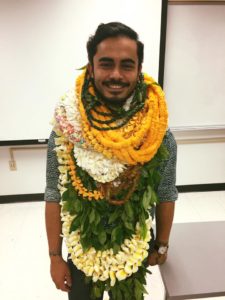
Frank E. Kaiuokalani Damas is from Waianae, Oahu. He is an educator at the University of Hawaii at Manoa’s Hawaiinuiakea School of Hawaiian Knowledge. He and Keely S. Kauilani Rivera live in Hilo, Hawaii with their two daughters. They are committed to grounding their family in Hawaiian language, hula, and music.
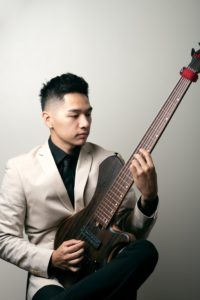
A kupa of Haiku, Heeia, Koolaupoko, Oahu, Nicholas Kealii Lum holds a Bachelor’s in music and Hawaiian and Master’s in Hawaiian. He is currently a doctoral student at Ka Haka Ula o Keelikolani at UH Hilo. He is a member of the multi-award-winning traditional Hawaiian music group Keauhou. He is the co-editor of the West Maui songbook Lei Nahonoapiilani (distributed by Kamehameha Publishing) and produced two accompanying albums. He works at Kaiapuni Assessment of Educational Outcomes (KAEO).
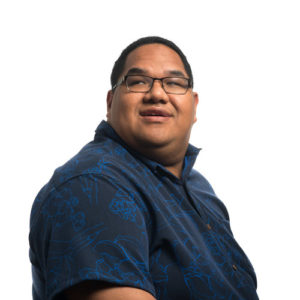
Jonah Kahanuola Solatorio, a native of Kewalo Uka, Kona, Oahu, comes from an ohana of many talented musicians. Kahanuola holds a dual-Bachelor’s degree in Hawaiian Language and Hawaiian Studies and a Master’s in Elementary Education. He is currently a kumu olelo Hawaii at the Kamehameha High School Kapalama campus and is also a member of the Hawaiian musical group, Keauhou.
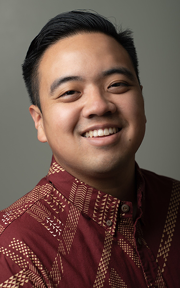
A native of Ahuimanu, Koolaupoko, Oahu, Zachary Alakai Lum holds a Bachelor’s in music and Hawaiian language and Master’s in Ethnomusicology. He is presently a doctoral student in Political Science at UH Manoa. He previously was the director of choral music at Kamehameha Schools–Kapalama. He is a member of the musical group Keauhou. He is the co-editor of the West Maui songbook Lei Nahonoapiilani (distributed by Kamehameha Publishing). He produced the second accompanying album, as well as the albums Kuhao Maunakea and Huliamahi, Volume 1.
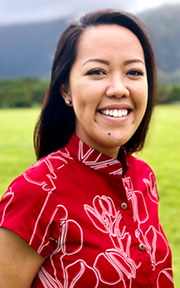
Born and raised in Makawao, Maui, Uilani Tanigawa Lum first found her passion for and foundation in ike Hawaii through the practice of hula with Halau Na Lei Kaumaka o Uka. She holds Bachelor’s and Master’s degrees in Hawaiian Studies. She is also a graduate of the William S. Richardson School of Law and is licensed to practice law in Hawaii. She is currently a post-J.D. fellow at the Ka Huli Ao Center for Excellence in Native Hawaiian Law. She most recently co-edited the book, Malu Ulu o Lele: Maui Komohana in Ka Nupepa Kuokoa (distributed by UH Press).
